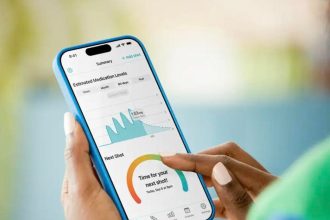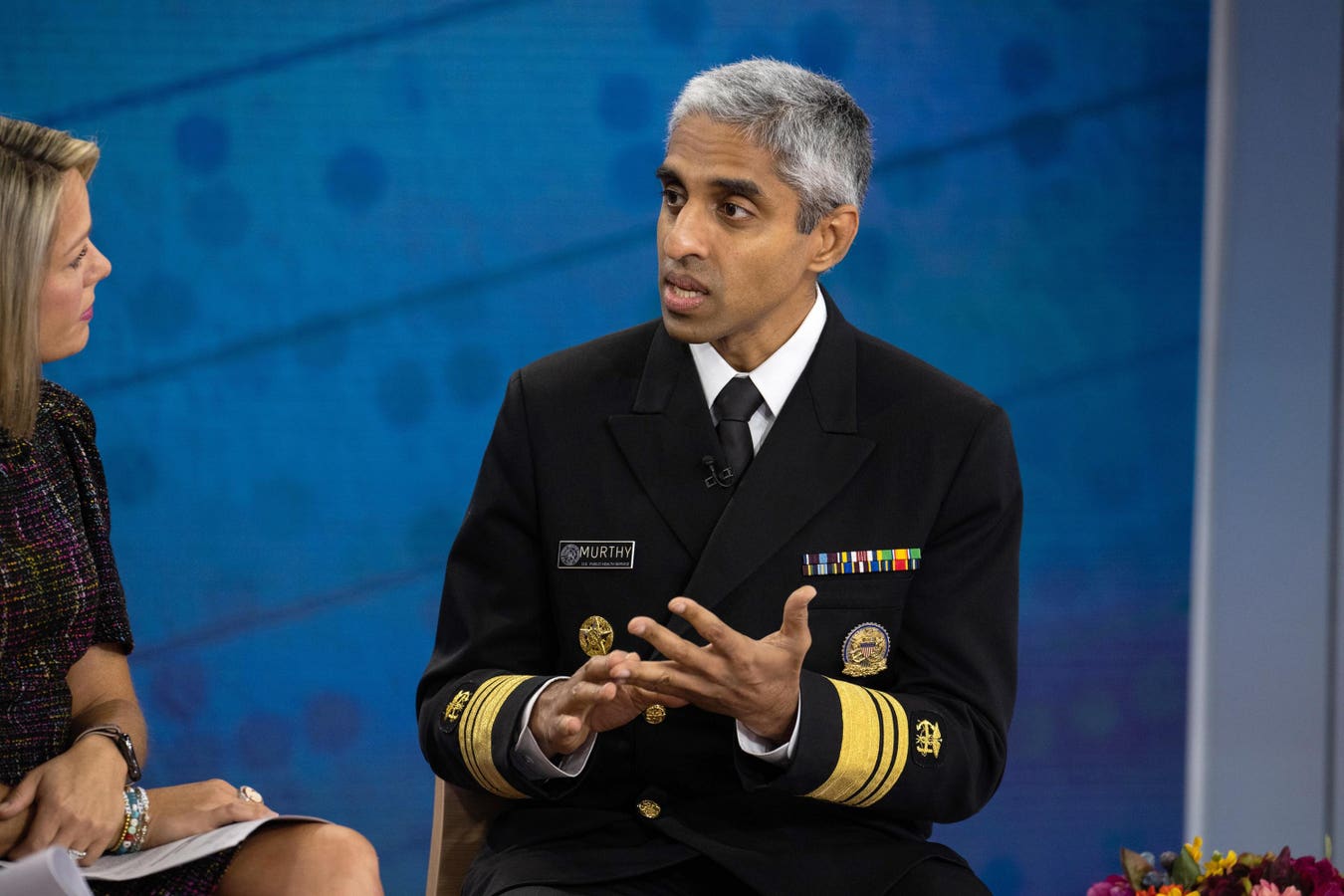You can’t just leave the growing epidemic of loneliness alone. It’s already become a “pressing health threat,” which is what the WHO—the World Health Organization—has called it. That’s why the WHO has just launched a Commission on Social Connection on order “to address loneliness as a pressing health threat, promote social connection as a priority and accelerate the scaling up of solutions in countries of all incomes,” according to a WHO press release.
During the next three years, this Commission aims to ensure that the loneliness epidemic is “recognised and resourced as a global public health priority. The Commission will propose a global agenda on social connection, working with high-level Commissioners to make the case for action, marshal support to scale up proven solutions and measure progress.”
How big a health threat can loneliness be? Well, pretty darn bad, according to a report from U.S. Surgeon General Vivek Murthy, MD, MPH entitled “Our Epidemic of Loneliness and Isolation” and released back in May of this year. The report says that the health effects of loneliness can be as bad as smoking up to 15 cigarettes a day. And if you haven’t figured it out already, no doctor should tell you, “Go ahead and smoke 15 cigarettes a day. You’ll be fine.”
This 15-cigarette equivalency arose from observations that experiencing chronic loneliness can increase the risk of a suffering a range of different chronic medical conditions. For example, the report cited studies that have found poor or insufficient social connection to be associated with a 29% increase in the risk of heart disease, a 32% increase in the risk of stroke, and increases in the risk of anxiety, depression, dementia, respiratory illness, and viral infections. Such findings re-emphasize the importance of the mind-body connection. Not only is your mind hopefully physically connected to the rest of your body, but also what happens in your mind doesn’t always stay in your mind. It can greatly affect the workings of your entire body. In other words, mental and emotional health can significantly impact physical health in very, very complex ways.
Note that the title of the U.S. Surgeon General’s report called it “Our Epidemic” and not “Their Epidemic” because the report focused on what’s been happening in the U.S., even though loneliness has become a global problem. The report mentioned how each year social isolation among older adults has been associated with an estimated $6.7 billion in additional Medicare spending and how employees missing work due to loneliness has cost employers an estimated $154 billion. And if you are feeling alone, you are not alone. The report cited studies that found that only 39% of American adults felt very connected to others and about half of U.S. adults have reported experiencing loneliness.
Things have getting worse over the past several decades too. The report mentioned polls revealing how the percentage of Americans who felt that they could reliably trust other Americans went from around 45% in 1972 down to around 30% in 2016. People have been spending more and more time alone as well, going from 285 minutes per day or 142.5 hours per month in 2003 up to 309 minutes per day or 154.5 hours per month in 2019.
And no matter how many followers you may have on X, TikTok, or Instagram, no matter how many times other people may say, “That’s adorable”, “You look like you haven’t aged,” or “Gorgeous” whenever you post photos on Facebook, many indicators suggest that actual social connections with friends and others have been steadily deteriorating over the years. From 2003 to 2020, there was a 20-hour drop in the average amount of time spent engaging in person with friends each month from 30 hours per month down to 10 hours per month. And, guess what, this drop has been especially marked for those from 15 to 24 years of age, which certainly doesn’t bode well for the future.
Even more telling has been the drop in the average number of close friendships that people have been maintaining. The percentage of Americans reporting that they have less than four close friends has risen from 27% in 1990 up to 49% in 2021. When you don’t have trusted confidants to share your feelings and concerns with, guess where those feeling and concerns stay?
Again, the U.S. certainly isn’t alone in the world when it comes being embroiled in a loneliness epidemic. For example, I covered for Forbes in 2018 how the United Kingdom has established a Minister of Loneliness. And if you Google search, “why are [enter name of country people here] so lonely,” you’ll get a number of articles and web sites describing loneliness situations in different countries. One example of such an article is “Why Swedes Are So Lonely?,” penned (or maybe keyboarded) by John David Ritz in 2015 for Vice. You’ll also find a web page maintained by the Australian government” that says, “Loneliness among Australians was already a concerning issue prior to the Covid-19 pandemic, described both as an ‘epidemic’ and as one of the most pressing public health concerns in Australia.”
Murthy along with African Union Youth Envoy Chido Mpemba will be co-Chairing this 11-person commission. The commission includes Karen DeSalvo, MD, MPH, MS, and Haben Girma, JD, from the United States, Ayuko Kato, MS, from Japan, Ralph Regenvanu from Vanuatu, Khalid Ait Taleb, MD, from Morocco, Jakob Forssmed from Sweden, Hina Jilani from Pakistan, Cleopa Mailu, MD, from Kenya, Ximena Aguilera Sanhueza, MD, MPH, from Chile.
The commission does have a challenging task in front of them. The loneliness epidemic is a complex systems issue that has arisen from years of neglect. For decades society has failed to adequately address the multitude of different factors and changes in and around people that have contributed to deteriorating social connections, which means that there won’t be a simple, snap-the-fingers solution. The commission along with many decision makers around the world will have to connect the dots as to what has happened in order to build true social connections among people around the world.
Read the full article here





